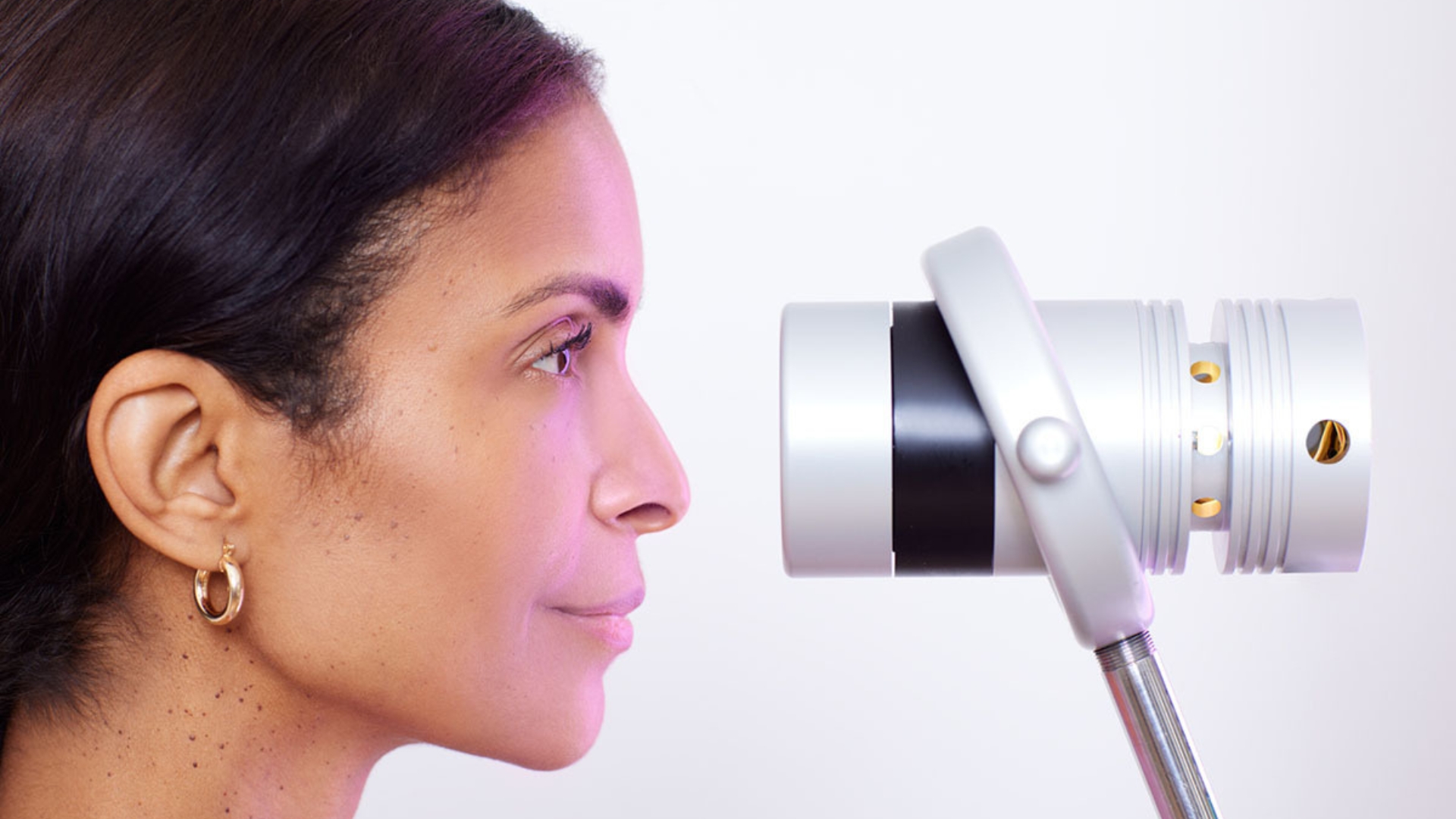5 Signs Of A Compromised Immune System
5 Signs of a Compromised Immune System
Do you feel like you’re always coming down with or fighting off something? Do you get frequent infections like yeast or sinus infections? Do you feel like it takes you forever to heal?
Someone with a compromised immune system gets sick more often and stays sick longer than someone with competent immune function. If you feel like you are always under the weather, it might be time to look inward at your body’s natural defense system.
What can impact your immune system?
While our immune system is robust and resilient, it is equally sensitive and susceptible. Many factors can weaken your immune system, including chronic health conditions (e.g., cancer, type 1 diabetes, autoimmune diseases, alcoholism), certain medications (e.g., corticosteroids, immunosuppressants), and lifestyle practices (e.g., sleep, diet).
Prolonged exposure to stress (chronic stress) can also cause heavy allostatic load (cumulative effects that chronic stress has on mental and physical health), also known as wear and tear on the body and the immune system’s ability to protect you against viruses, bacteria, and other microorganisms that cause disease.
5 signs of a compromised immune system
- You are always getting sick.
- It takes you a long time to recover from illness or injury.
- You get opportunistic infections (rare or unusual infections that immunocompetent people don’t normally get, like toxoplasmosis, tuberculosis, etc.).
- You have chronic digestive issues.
- You regularly feel rundown or fatigued.
Bonus Sign → You have a low T-cell count and immunoglobulin levels.
Here are 3 ways to strengthen your immune system
Your immune system is comprised of a complex network of cells, proteins, and organs that defend your body against foreign invaders (i.e., pathogens). Outside your immediate immune system, your body has other defense mechanisms such as phlegm and small hairs in your lungs, oil on your skin, mucus and acid in your stomach, salvia in your mouth, and tears from your eyes.
So, as you can see, your body has evolved to be able to naturally defend itself. However, these barriers and mechanisms are sometimes weakened.
The only way to strengthen your immune system is to support its natural functions instead of blocking or disrupting them (i.e., overconsumption of alcohol, poor sleep, unchecked stress, empty-calorie foods, unaddressed chronic health conditions, etc.).
Prioritize Sleep
As explained in a peer-reviewed journal in the National Library of Medicine, “Sleep exerts an immune-supportive function, promoting host defense against infection and inflammatory insults. Sleep deprivation has been associated with alterations in innate and adaptive parameters, leading to a chronic inflammation state and an increased risk for infectious and inflammatory pathologies.”
When we are asleep, all sorts of repairing and regenerating processes take place. On average, an adult needs at least seven hours of sleep for these essential processes to take place. When we deprive ourselves of consistent and sufficient sleep, we are setting ourselves up to get sick.
By making sleep a priority, you are inadvertently strengthening your immune system.
Eat a More Whole-Food, Nutrient-Dense Diet
Fruits, vegetables, legumes, seeds, and nuts are rich in nutrients and antioxidants that not only support your immune system but also your life as you know it. Eating a balanced, diverse, and nutrient-rich diet is essential for whole-body wellness and function.
As diet relates specifically to immune function, antioxidants fight free radicals, which cause inflammation, and inflammation is the root of all disease. Fiber found in plant foods feeds your gut microbiome, which, when strong and balanced, works to keep pathogens from entering your body through your digestive system.
Other essential immune-supporting vitamins like vitamin A, B6, C, D, E, selenium, and zinc are found in foods such as bananas, bell peppers, broccoli, brown rice, bulgur, kiwi, lentils, peas, tomatoes, winter spinach, squash, and sunflower seeds.
Try Oxidative Therapies
Oxidative therapies stimulate the body’s oxidative functions, which are essential for energy, metabolism, detoxification, and immune function. Clinical experience has shown that oxidative therapies may be used for many different conditions, and benefits include stimulating white blood cell (immune cell) production, directly and indirectly destroying viruses, bacteria, and fungi, increasing the efficiency of the antioxidant enzyme systems (which scavenge for free radicals), and oxidizing and downgrading toxic substances in the body.
Ozone therapy, Ultraviolet Blood Irradiation therapy, Hydrogen Peroxide therapy, and Airnergy Oxygen therapy are four types of oxidative therapies that can help boost, strengthen, and support your immune system.
Bonus → A Recipe for Immune Health: Roasted Garlic Miso Soup with Greens
Want to learn more about how to support your body’s natural healing abilities? Explore Innovative Medicine’s huge collection of inspiring and informative articles and podcasts.
Disclaimer: The statements made in this article have not been evaluated by the Food and Drug Administration. Any products or treatments mentioned are not intended to diagnose, treat, cure, or prevent any disease. Please consult a licensed medical practitioner for medical advice.
At Innovative Medicine, we believe in transparency. We want you to know that we may participate in affiliate advertising programs pertaining to products mentioned herein.
See how we can help you restore complete health of body, mind & spirit.
Join our mailing list and receive exclusive offers + information!







Leave a Reply
Want to join the discussion?Feel free to contribute!